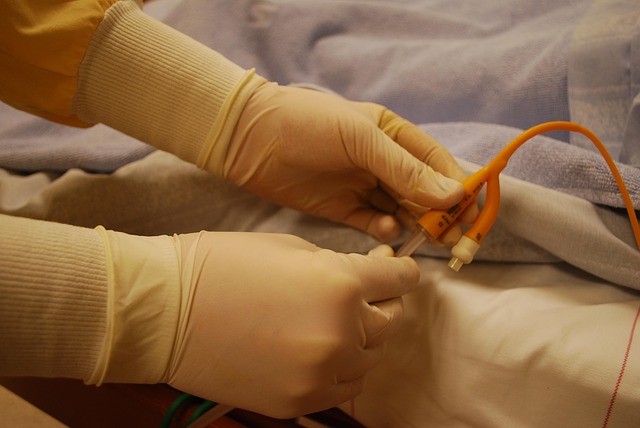Crohn's Disease Treatment: Understanding Options and Early Intervention
Why Early Treatment Matters. Without appropriate treatment, Crohn’s disease can lead to serious complications such as strictures (narrowing of the bowel), abscesses, fistulas, and even the need for surgery. Early intervention and modern therapies can help reduce inflammation and prevent long-term damage.

What Are the Primary Goals of Crohn’s Disease Treatment?
The fundamental objectives of Crohn’s disease treatment focus on achieving and maintaining remission while improving the patient’s quality of life. Treatment aims to reduce inflammation, heal intestinal tissues, and prevent complications. Healthcare providers work to control symptoms, minimize flare-ups, and address nutritional deficiencies that commonly occur with the condition. Long-term goals include preventing disease progression and reducing the need for surgical intervention.
How Do Medications Play a Role in Managing Crohn’s Disease?
Medications form the cornerstone of Crohn’s disease management, with several classes of drugs available depending on disease severity and individual patient factors. Anti-inflammatory drugs, including aminosalicylates and corticosteroids, help control acute inflammation. Immunomodulators suppress the immune system’s overactive response, while biologic therapies target specific proteins involved in inflammation. Antibiotics may be prescribed to treat infections and manage certain complications.
What Dietary Changes Can Help Manage Crohn’s Symptoms?
Dietary modifications play a crucial role in symptom management and overall well-being. While no single diet works for everyone, many patients benefit from identifying and avoiding trigger foods. Common recommendations include maintaining a low-fiber diet during flares, staying hydrated, and eating smaller, more frequent meals. Some individuals may need to limit dairy products, spicy foods, and high-fat items. Working with a registered dietitian can help develop a personalized nutrition plan.
When Is Surgery Necessary for Crohn’s Disease Patients?
Surgery becomes necessary when medication and lifestyle changes fail to control symptoms or when complications arise. Common scenarios requiring surgical intervention include bowel obstruction, severe bleeding, fistulas, or abscesses that don’t respond to other treatments. While surgery isn’t a cure for Crohn’s disease, it can provide significant symptom relief and address life-threatening complications. Approximately 70% of Crohn’s disease patients may require surgery at some point in their lives.
What Are the Early Signs of Crohn’s Disease to Watch For?
Early detection of Crohn’s disease symptoms can lead to more effective treatment outcomes. Key warning signs include persistent diarrhea, abdominal pain and cramping, unexplained weight loss, and fatigue. Less common symptoms may include fever, mouth sores, and joint pain. Blood in stool, severe abdominal pain, or prolonged diarrhea should prompt immediate medical attention.
Treatment Cost Considerations and Insurance Coverage
The cost of Crohn’s disease treatment varies significantly based on the required interventions and insurance coverage.
| Treatment Type | Average Monthly Cost | Typical Insurance Coverage |
|---|---|---|
| Biologics | $1,300-$2,500 | 70-80% after deductible |
| Immunomodulators | $200-$1,000 | 80-90% after deductible |
| Anti-inflammatory drugs | $50-$500 | 80-95% after deductible |
| Surgical procedures | $20,000-$60,000 | 60-90% after deductible |
Prices, rates, or cost estimates mentioned in this article are based on the latest available information but may change over time. Independent research is advised before making financial decisions.
This article is for informational purposes only and should not be considered medical advice. Please consult a qualified healthcare professional for personalized guidance and treatment.




